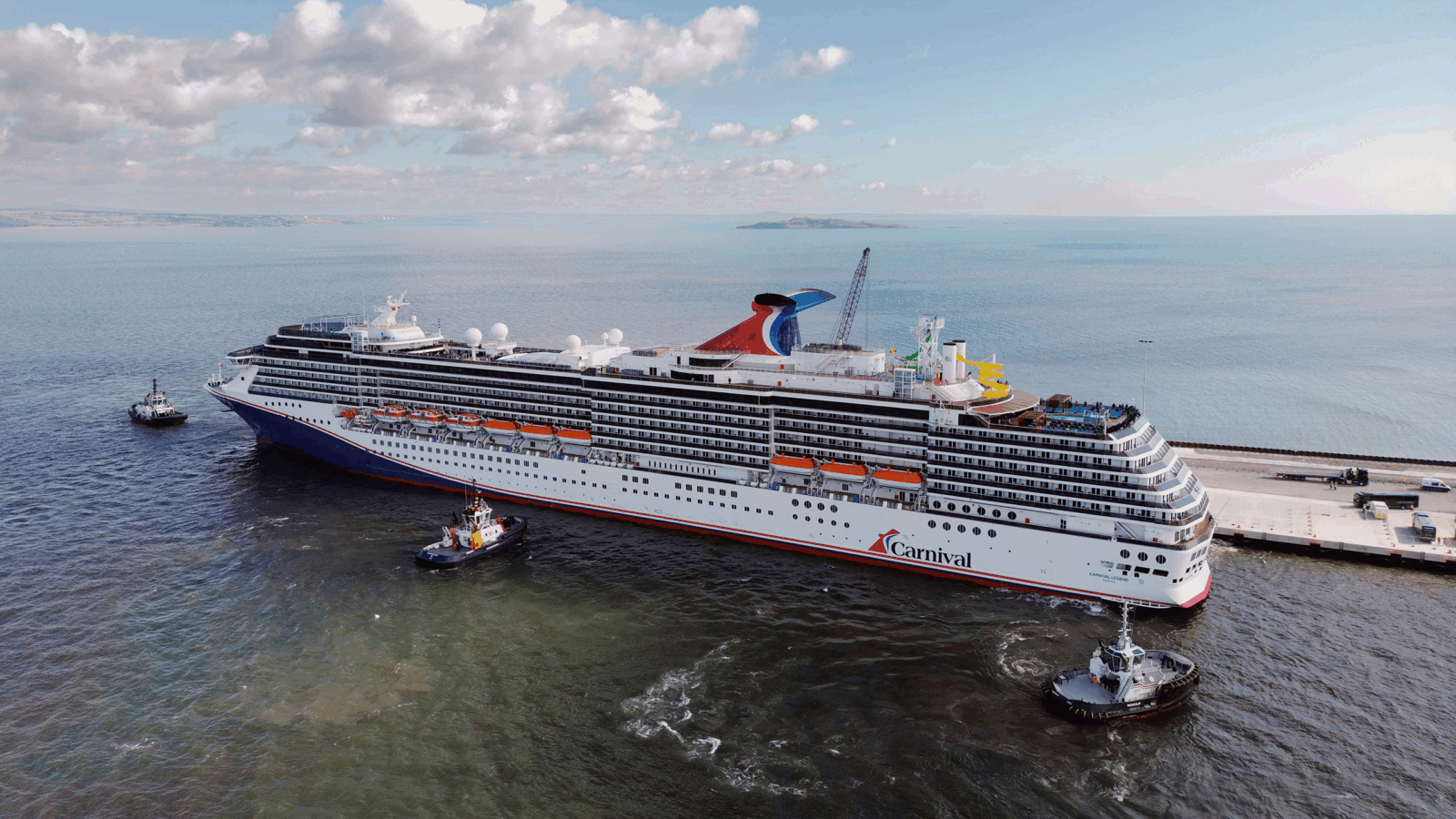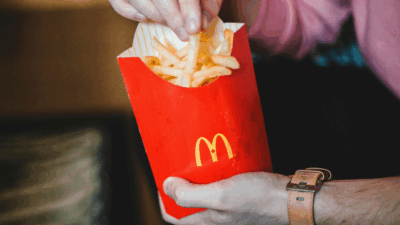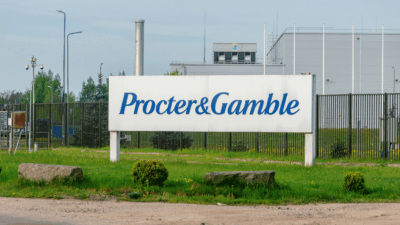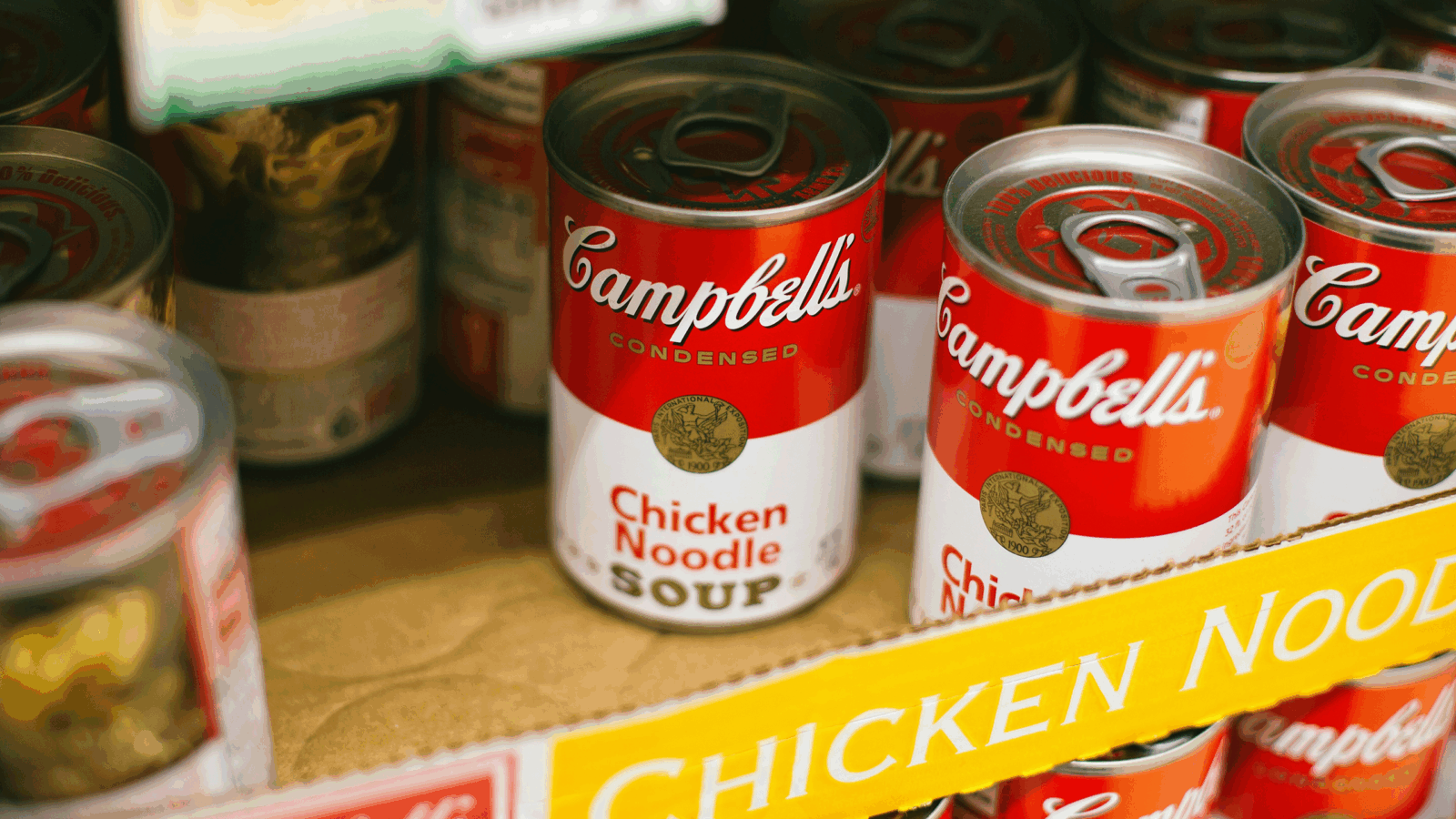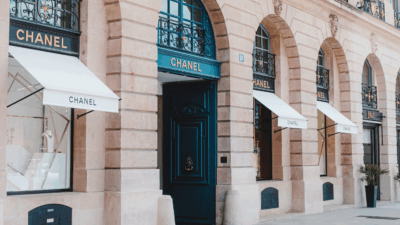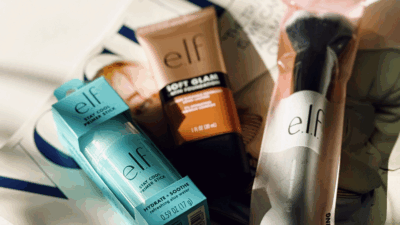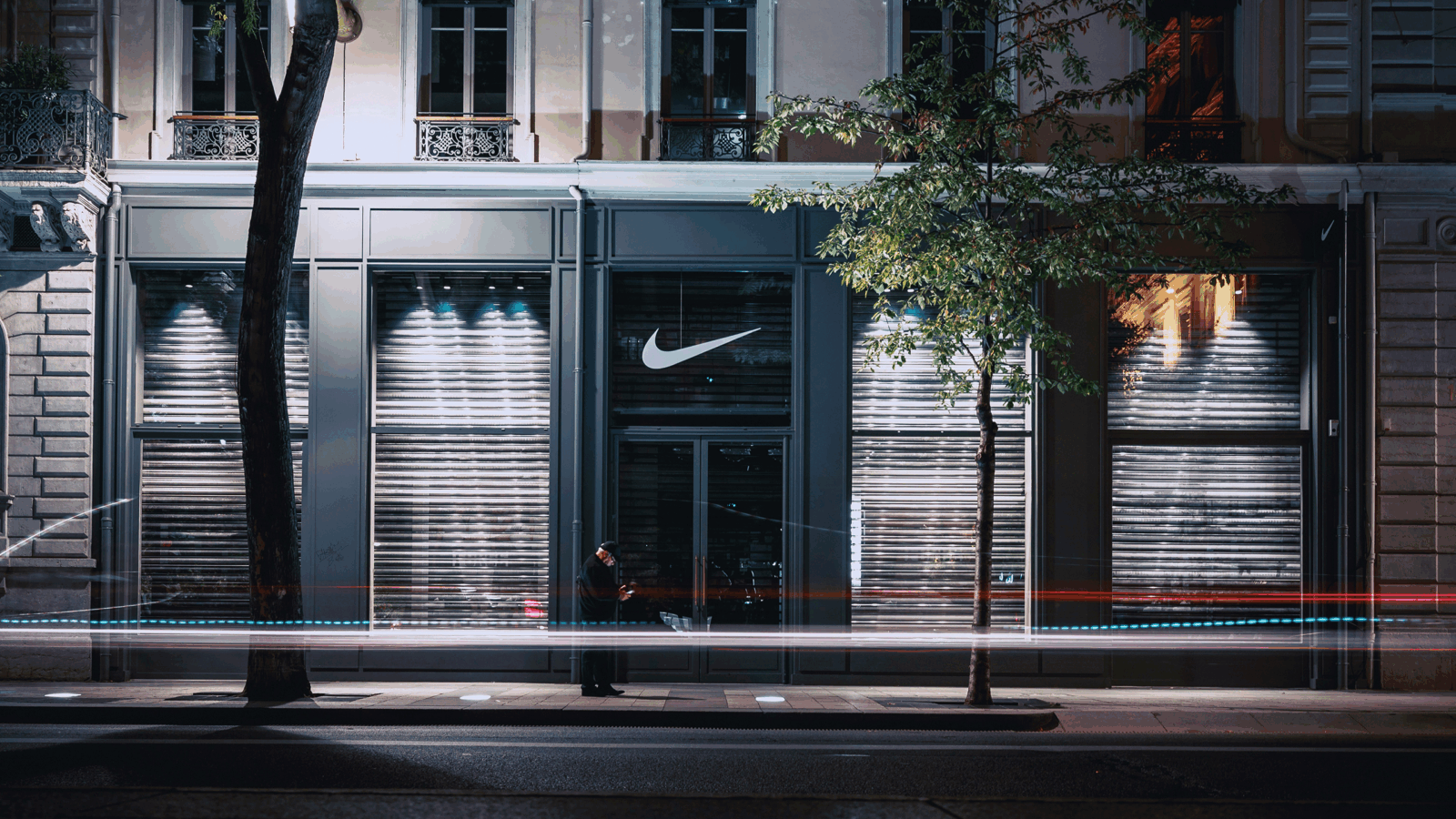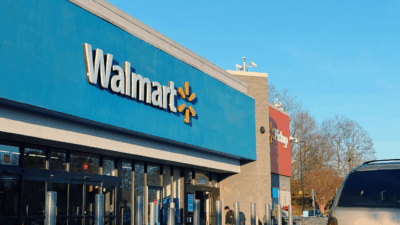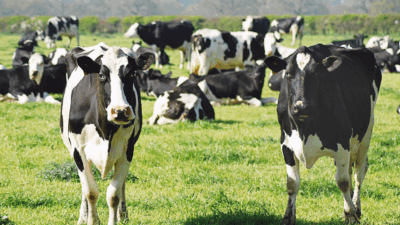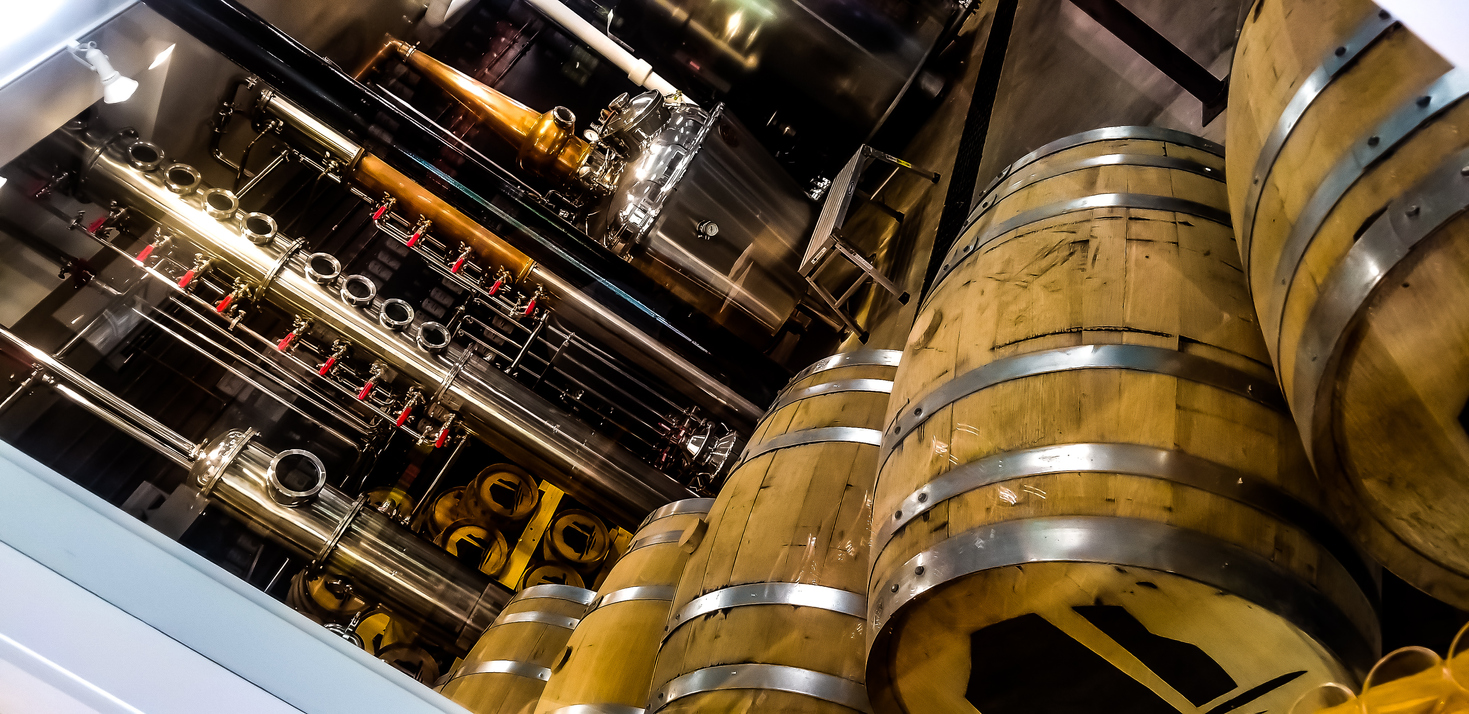
Sign up for smart news, insights, and analysis on the biggest financial stories of the day.
The company famous for its brown water wants to be green – and it’s going on a big spender bender to get there.
To meet surging demand, Jim Beam-maker Beam Suntory said Wednesday that it will roll out a $400 million expansion at its largest Kentucky distillery and power it with renewable energy.
Two Birds With One Whiskey Stone
Beam Suntory, which also makes the fancier craft whiskey Maker’s Mark and is owned by Japan’s Suntory, has a two-part environmental plan. First, cut greenhouse gas emissions and water usage in half by 2030. Then remove more carbon from the atmosphere than its operations emit by 2040 — in part by planting over 500,000 trees every year for the rest of the decade, or enough to offset the ones it needs to make barrels for aging whiskey.
With the Jim Beam plant in Boston, Kentucky* running out of capacity (no New England non-rhoticity here, it’s all Southern twang), the time is ripe for a green project that also allows the company to make a lot more of the world’s best-selling bourbon:
- The new expansion will boost the Boston plant’s capacity by 50% and produce more Jim Beam white and black label bourbons, most of which will support forecasted sales growth in Europe and Asia. Beam Suntory reported 11% global sales growth last year, with double-digit growth in China and India.
- When the new project is completed in 2024, the distillery will get 65% of its power from renewable natural gas and 35% from fossil-based natural gas. The trick here will be the construction of a new facility across the street, in partnership with renewables developer 3 Rivers Energy Partners, which will convert the waste from making bourbon into biogas.
Proof of Concept: Roughly 95% of the world’s bourbon production is based in Kentucky, forming the core of the state’s $9 billion distilling industry. According to the Kentucky Distillers’ Association, distillers plan for $5 billion in capital investments. Alcohol has generally been a recession-proof industry — and the higher proof stuff is doing especially well. According to Cowen researchers, distillers now have a 41.5% share of the alcohol market in the US, with much of that growth coming at the expense of breweries, thanks to their luxury status, cocktail culture, and health and wellness trends. Let’s just say it’s keeping their spirits up.
